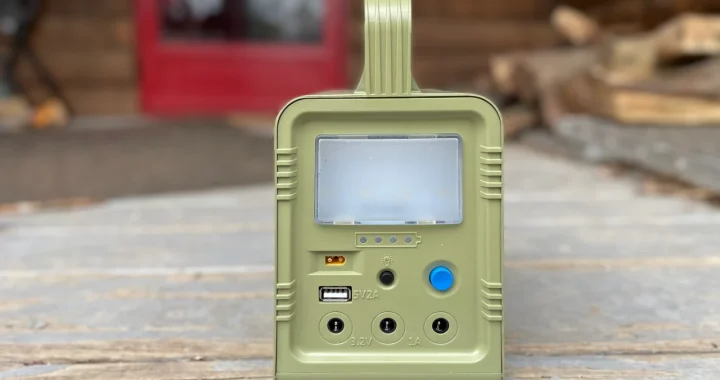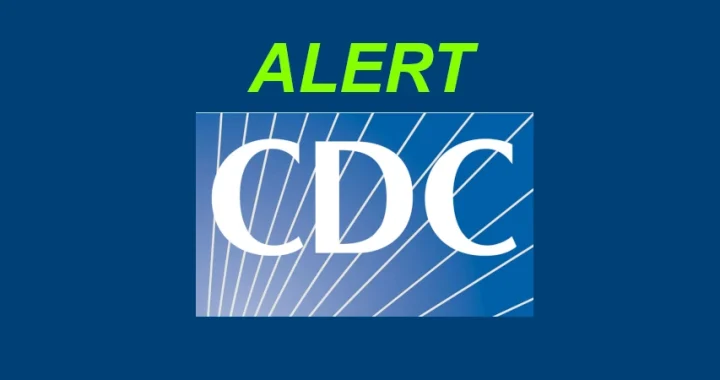GMRS vs HAM for Preppers

There is a reason why the word “communication” is part of a popular military phrase, shoot, move and communicate. Communications are paramount to the success of small unit missions and overarching operations. Lifting the fog of war requires a solid communications solution.
In this article I explore two primary communication systems that preppers could consider as an emergency communications solution and I will be comparing GMRS vs HAM radio from a preppers perspective.
Overview
GMRS, or General Mobile Radio Service, is a licensed land-mobile radio service in the United States. It was created by the Federal Communications Commission (FCC) in the late 20th century to provide a reliable and efficient communication system for individuals and businesses. GMRS operates on frequencies in the ultra-high frequency (UHF) band and is commonly used for both personal and business communication.
HAM radio, also known as amateur radio, is a hobby and service that allows individuals to use designated radio frequencies for non-commercial communication, experimentation, and public service. Amateur radio operators, often referred to as “hams,” use various modes of communication, including voice, Morse code, digital modes, and more, to communicate with each other locally, nationally, and internationally.
GMRS vs HAM
Unlike HAM radio, which requires operators to pass an exam to obtain an amateur radio license, GMRS users only need to obtain a license from the FCC. The license covers the entire family, and once obtained, all family members can operate GMRS radios.
GMRS operates on specific UHF frequencies designated by the FCC, while HAM radio operators have access to a wide range of frequencies across multiple bands, including HF, VHF, and UHF. While HAM radio operators do have access to more frequencies, GMRS operators still have access to many hundreds of frequencies.
HAM radio is often seen as a hobby that involves experimentation, communication, and public service while GMRS seems to be designed more for personal and business communication, with a focus on providing a reliable means of contact.
Which one for SHTF and Prepping?
When it comes down to an SHTF like emergency, deciding whether to use GMRS vs HAM will probably not even be a decision that will be on your mind. Surviving may in fact mean using any means of communication that you can get your hands on.
Something else to consider is that even though a tested license is required for HAM operations, the FCC explicitly says that you can use HAM frequencies in an emergency.
FCC regulation § 97.403 says:

Should Preppers learn HAM?
Another idea to consider is that learning the ins and outs of HAM radio operations could make preppers more of an asset. Learning how to make and tune antennas, make small radio repairs and setup and configure repeaters and other radio operational tasks could become a valuable skill in the event of an SHTF emergency.
For me personally, I just don’t have the time to invest in another hobby. Prepping is a full time job outside of my actual job and I need to be a jack-of-all trades with most everything I do. Somethings will just have to be “good enough”.
Practical Communications
GMRS radios are capable of transmitting and receiving over twenty miles away or more when using repeaters with antennas that are high above the tree lines. Some GMRS operators are seeing 100 to 125 mile ranges with tuned antennas and night time operation.
HAM radio operators can talk half way around the globe. As a prepper, I am not looking to communicate with people in some other country on the opposite side of the earth. I want to be able to communicate with people within my localized community but also have at least the capability to listen in on communications with some distance.
Knowing what is going on in another state could prove to be valuable and you do not need a HAM radio license to do that. Anyone can use HAM radio equipment for listening purposes without a license. Setting up a listening post could be a good idea but you’ll still need to be scanning frequencies to find someone that is transmitting.
Will we really have someone sitting in a comms shack listening for outside news? It could very well be a possibility but early on in an SHTF situation the focus will most likely be on food, shelter and security.
Conclusion (and opinion)
Guys I’m not going to beat around the bush here. I have zero interest in studying and taking a test to obtain a HAM radio license. GMRS has so far been a solid solution for my prepping needs and I’ve been able to use my GM-30 GMRS radios to obtain both weather and emergency information. Most GMRS radios that I’ve seen have decent scanning capabilities and can tune in to any national emergency frequency that I’ve come across.
I was a 31C radio operator in the Army and I received a lot of training for single channel radio operations. One thing I can tell you is that like many other things, if you don’t use it, you lose it. What I’m trying to say is, I don’t remember all the nuances and technical jargon when it came to equipment because it’s not my thing, I don’t work with it all the time. If I obtained a HAM license today, I’d forget about most of the technical stuff in a year.
What I do remember is how important communications are, how to properly start and maintain a voice comms net, how to call in SITREPS, how to setup antennas, configure frequencies, privacy channels and even frequency hopping when equipment allows.
I also know how to read, which means I am going to keep a HAM radio reference guide and 31C Single Channel Radio Operator Army field manual on hand. Like most prepping skills, I don’t feel that I need to practice every single nuance of a skill in order to be effective in the field or when SHTF comes our way.
With that said, knowledge is important and having some minimal knowledge, even if referenced from a manual will benefit any prepper.






